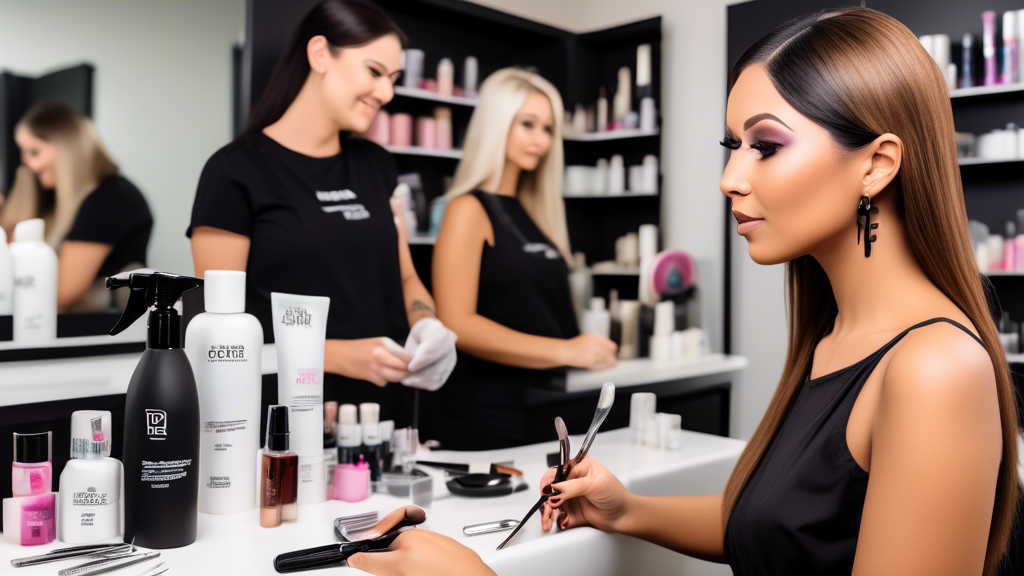The Texas Department of Licensing and Regulation (TDLR) plays a crucial role in maintaining and regulating the standards of various professions, including cosmetology. Understanding TDLR cosmetology is essential for anyone looking to enter the beauty industry in Texas. This guide provides a comprehensive overview to help you navigate the intricacies of TDLR cosmetology, including its licensing process, educational requirements, and best practices.
Overview of TDLR Cosmetology
TDLR is responsible for overseeing the licensing and regulation of cosmetologists in Texas. This includes ensuring that all practitioners meet specific educational and professional standards to provide quality services to the public. The primary goal of TDLR is to protect public health and safety by enforcing laws and regulations governing cosmetology practices.
Licensing Requirements
To become a licensed cosmetologist in Texas, applicants must meet several requirements established by the TDLR:
Age and Education
Applicants must be at least 17 years old and have completed the equivalent of a high school education prior to applying for a cosmetology license.
Cosmetology Program
Prospective cosmetologists must complete a state-approved cosmetology program, typically offered by cosmetology schools, community colleges, or technical institutions. The program generally encompasses practical and theoretical aspects of cosmetology, including hair styling, nail care, skincare, and makeup.
Examinations
After completing the educational program, applicants are required to pass both written and practical examinations administered by the TDLR. The written exam tests the applicant's knowledge of cosmetology principles and state laws, while the practical exam assesses their technical skills.
Background Check
A background check is also mandatory for all applicants to ensure they have not engaged in activities that could pose a threat to public safety.
Continuing Education
Texas requires licensed cosmetologists to complete continuing education to renew their licenses. The TDLR mandates a specified number of hours in continuing education courses, with at least one hour dedicated to sanitation and safety. The goal is to ensure that cosmetologists stay updated on the latest industry practices and maintain high standards of service.
Best Practices for Aspiring Cosmetologists
Here is a list of best practices that can help aspiring cosmetologists in Texas navigate the TDLR requirements successfully:
Enroll in Accredited Programs
Ensure that the cosmetology school or program you choose is accredited by the TDLR. This accreditation means that the program meets the state's educational standards.
Focus on Sanitation and Safety
Sanitation and safety are crucial in the cosmetology industry. Make it a priority to learn and adhere to these principles to protect both yourself and your clients.
Prepare for Examinations
Thoroughly prepare for the written and practical examinations. Utilize study guides and practice tests provided by the TDLR and other reputable sources.
Stay Updated
Even after obtaining your license, stay informed about changes in industry regulations, trends, and best practices. Regularly attending workshops and professional development courses can be invaluable.
Conclusion
Understanding TDLR cosmetology is pivotal for anyone aiming to build a successful career in the beauty industry in Texas. By meeting the educational requirements, passing the necessary examinations, and committing to continuous learning, you can achieve and maintain a high standard of professional practice. The TDLR not only ensures the safety and well-being of the public but also supports cosmetologists in their professional growth and compliance with state regulations.

